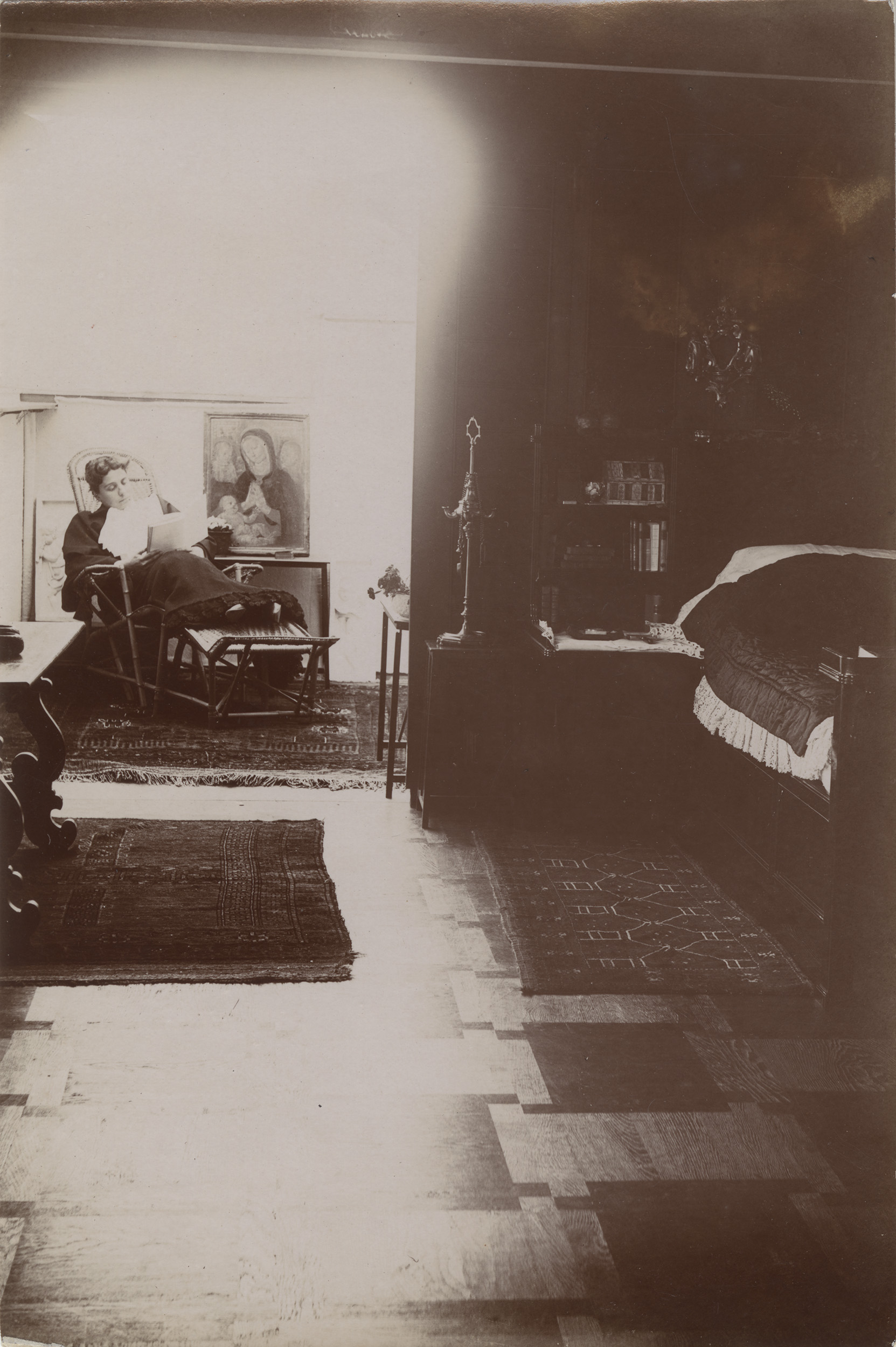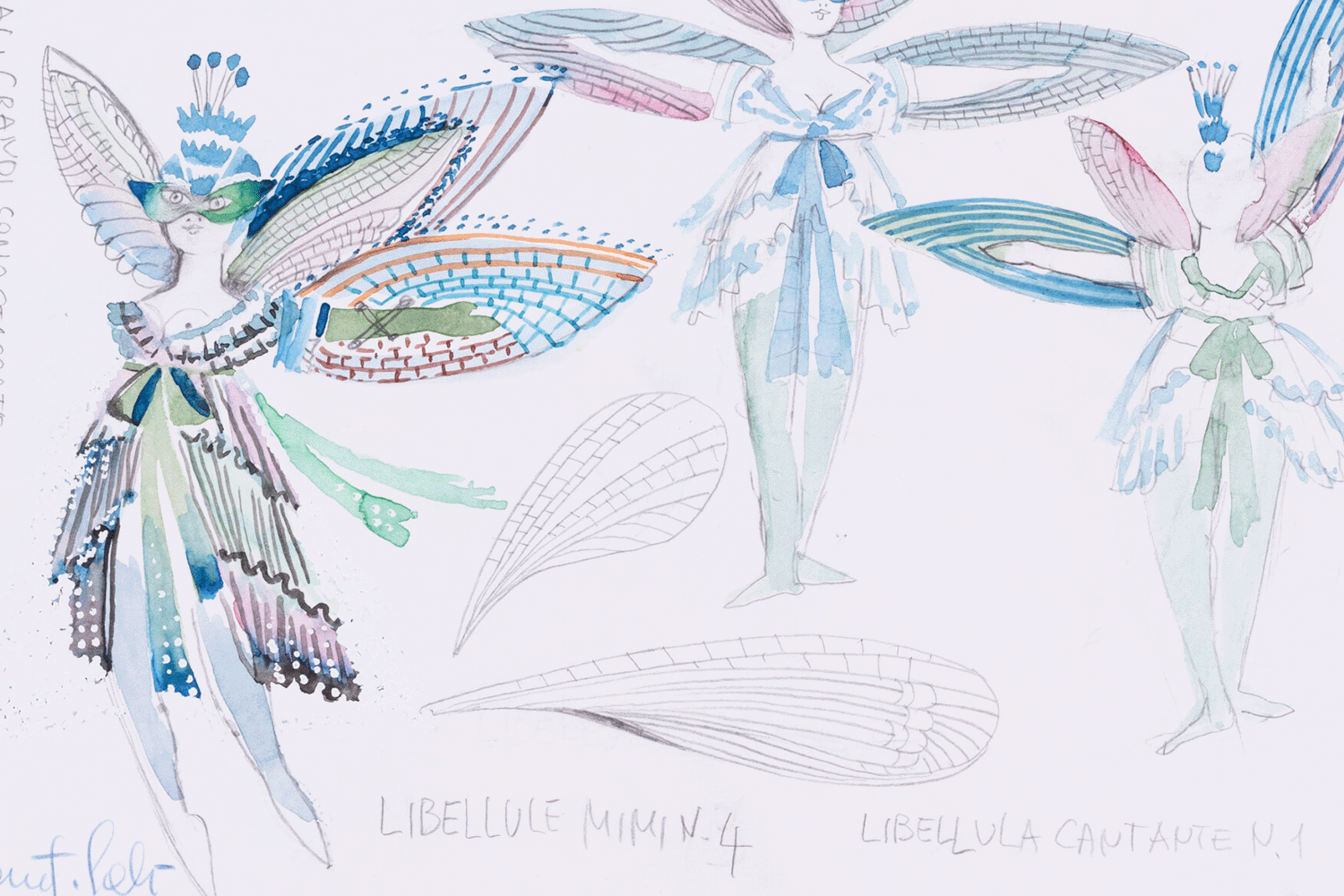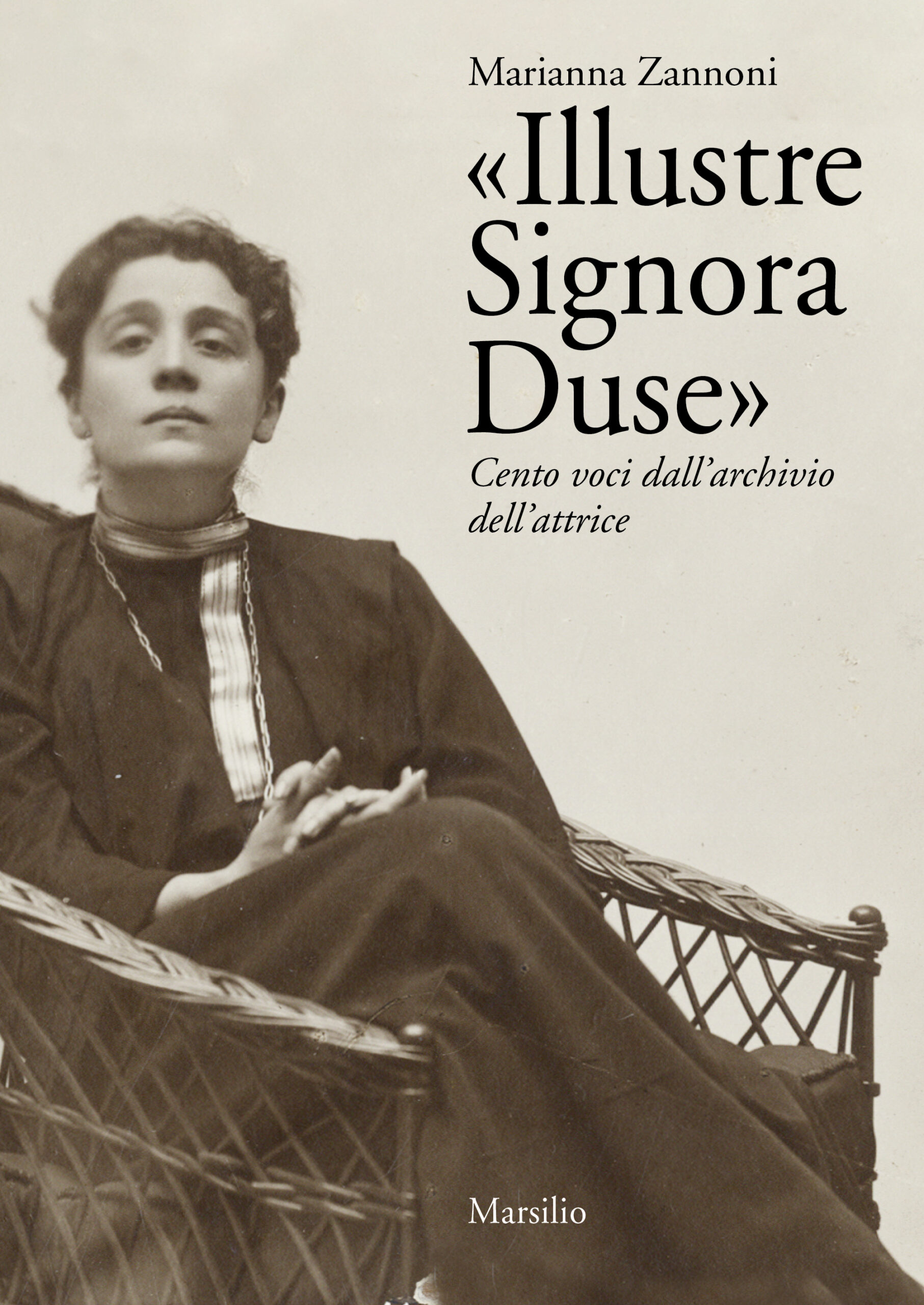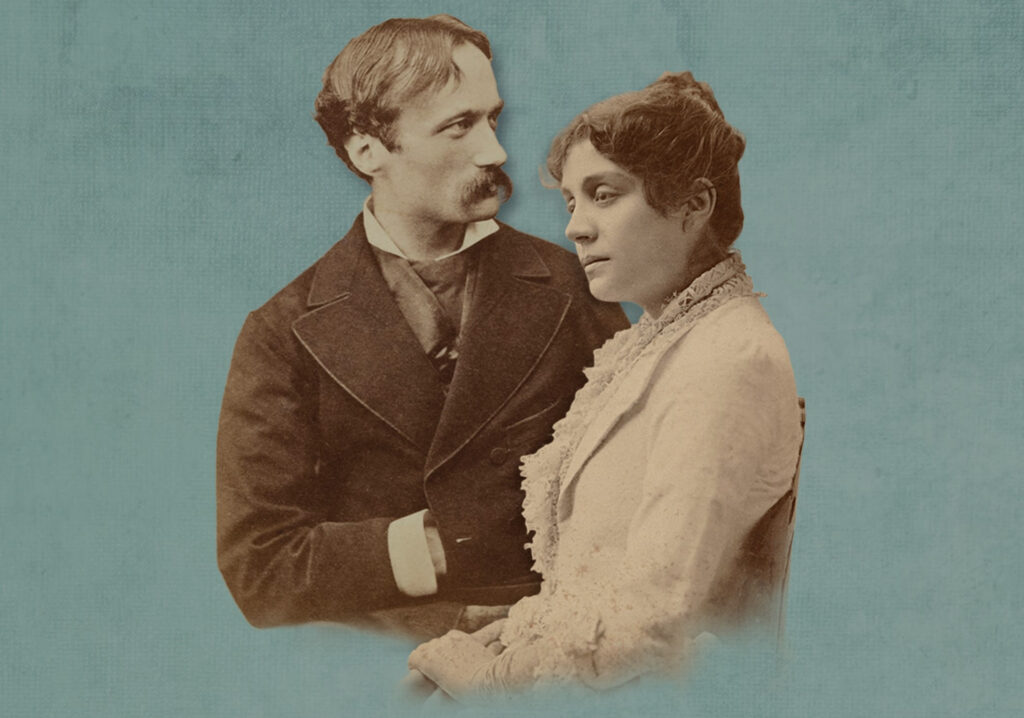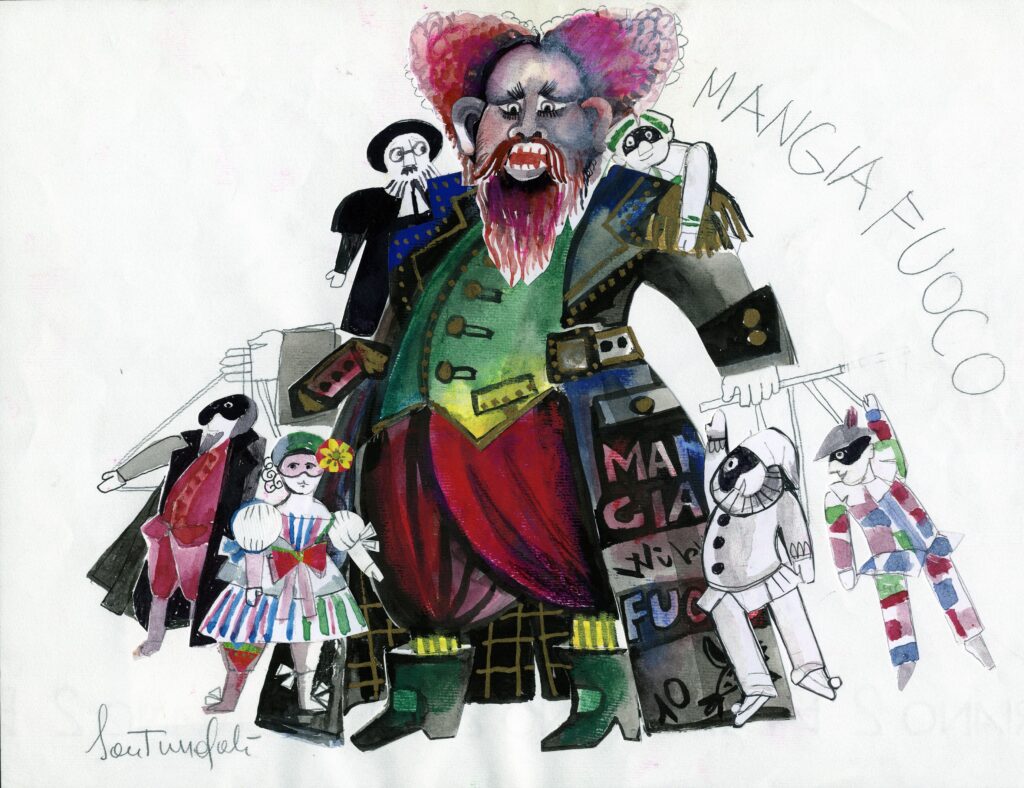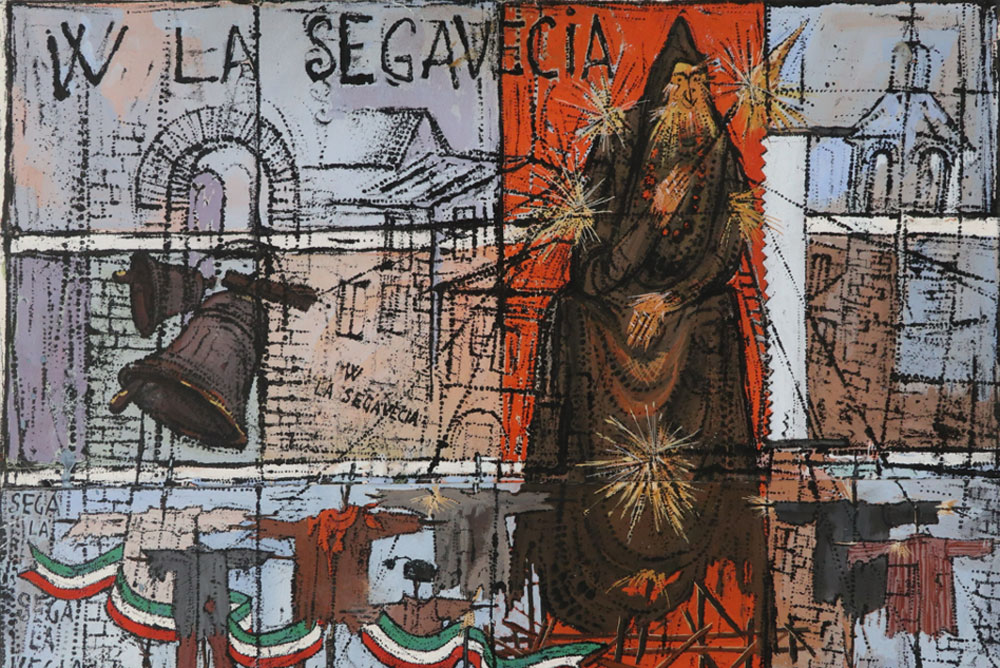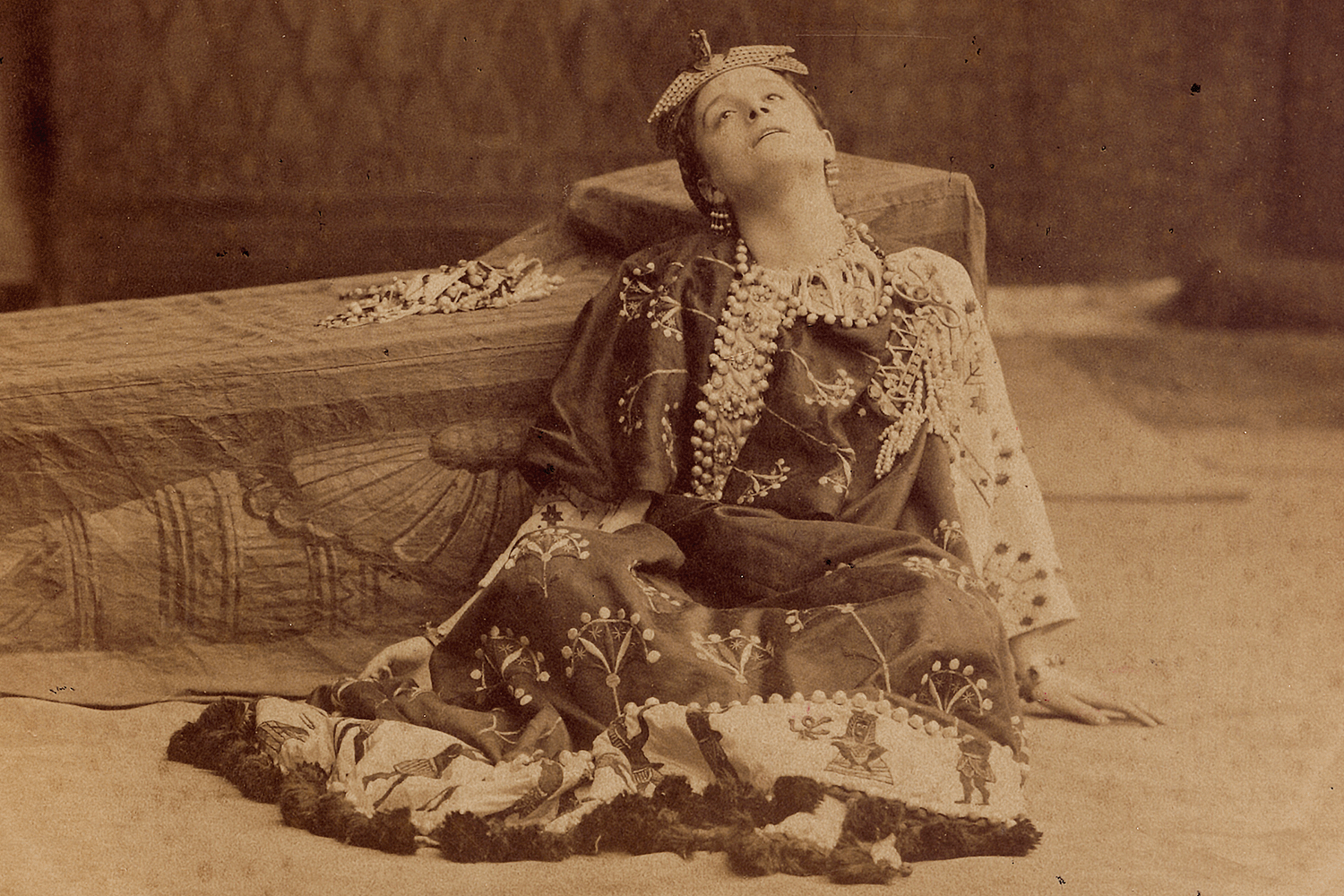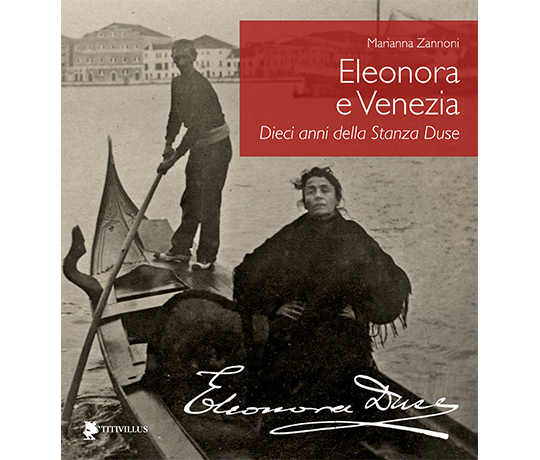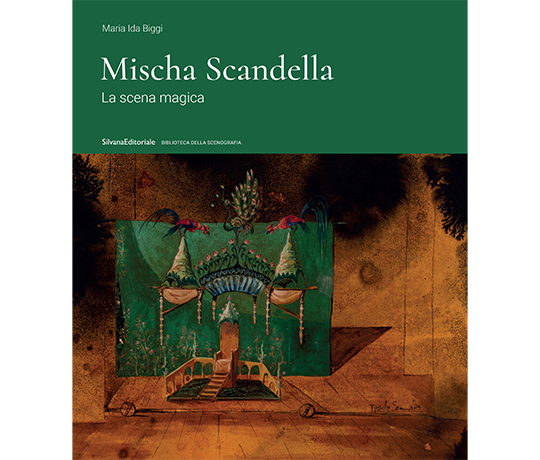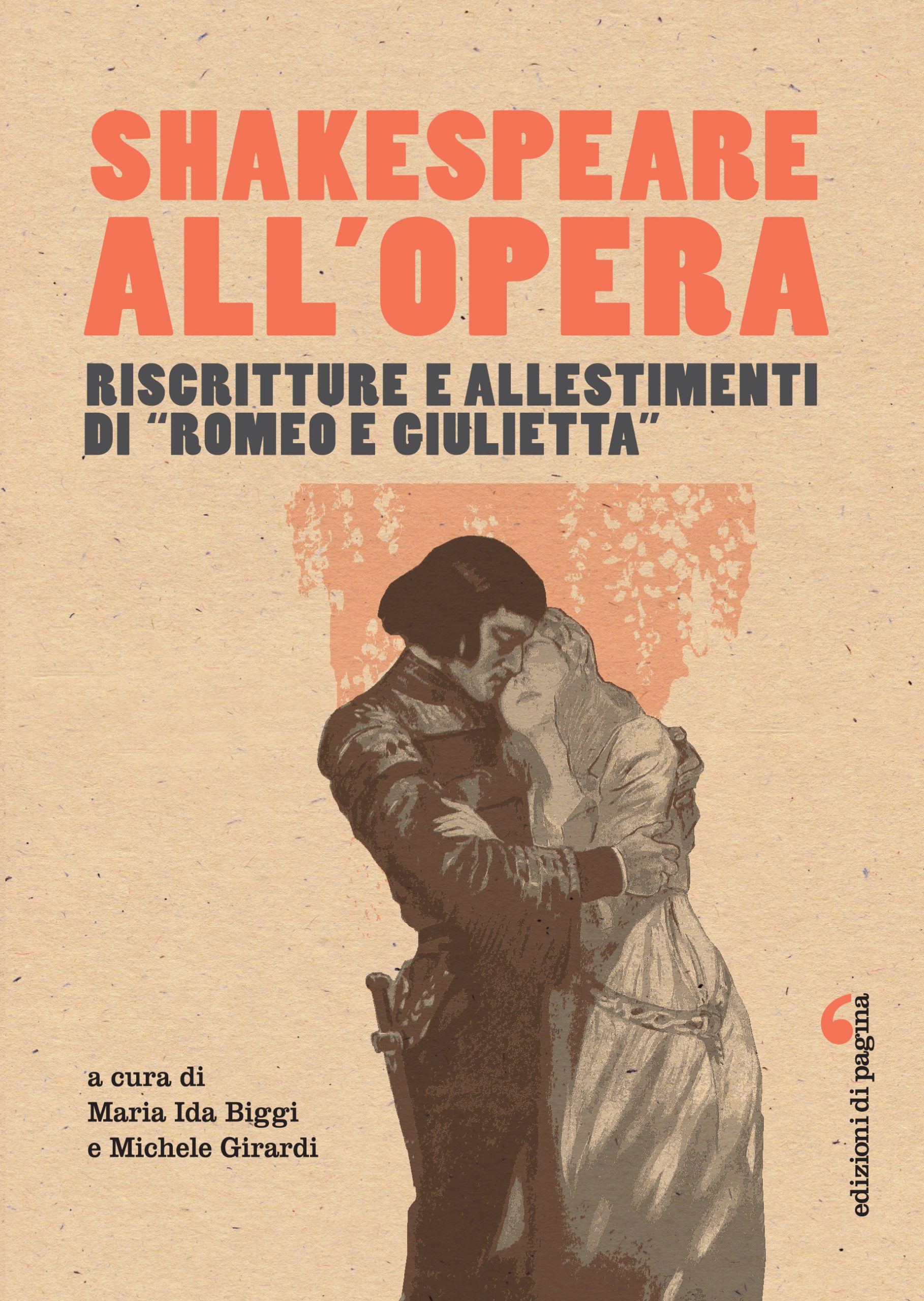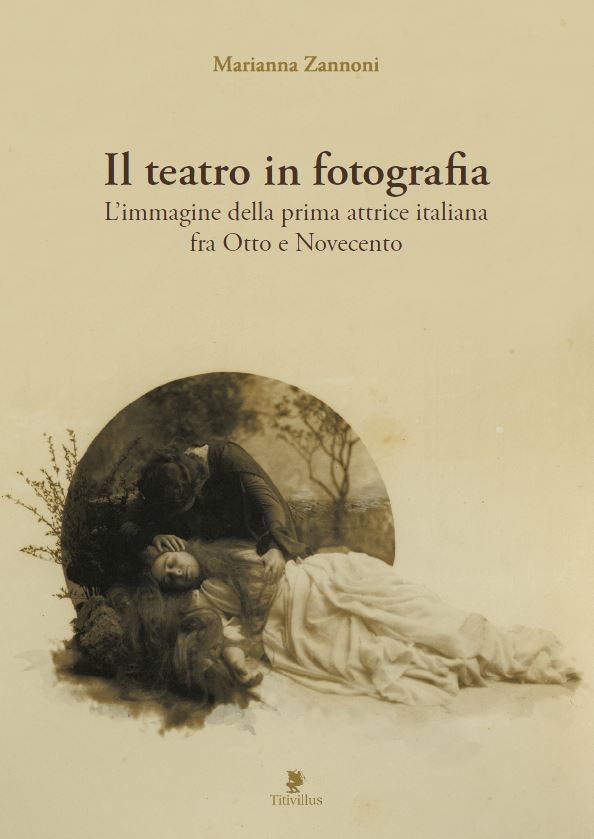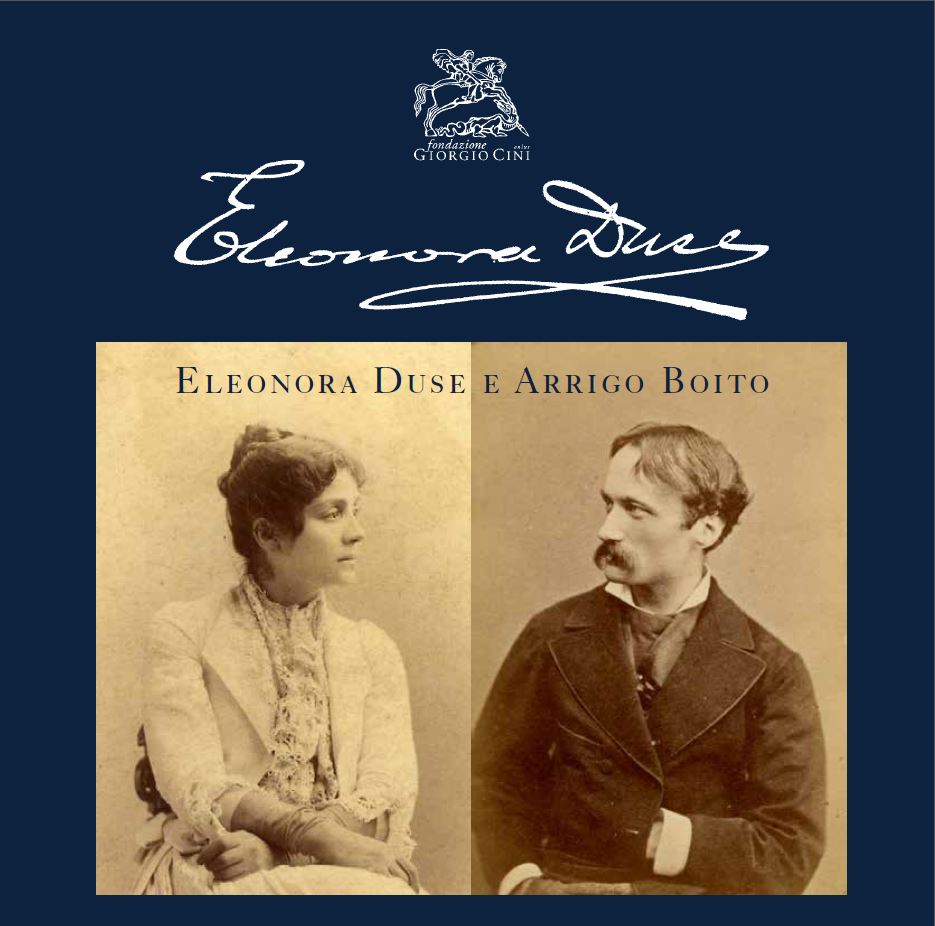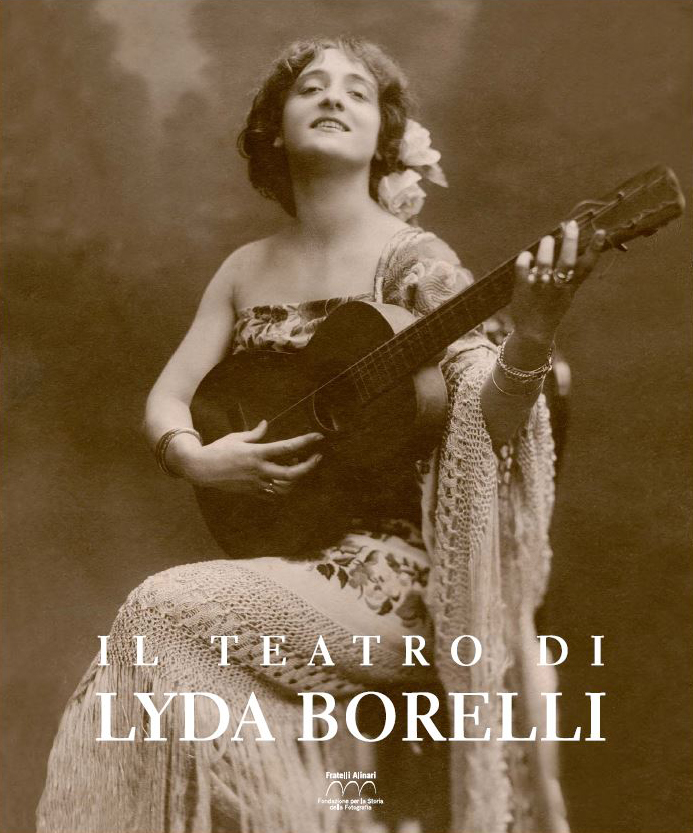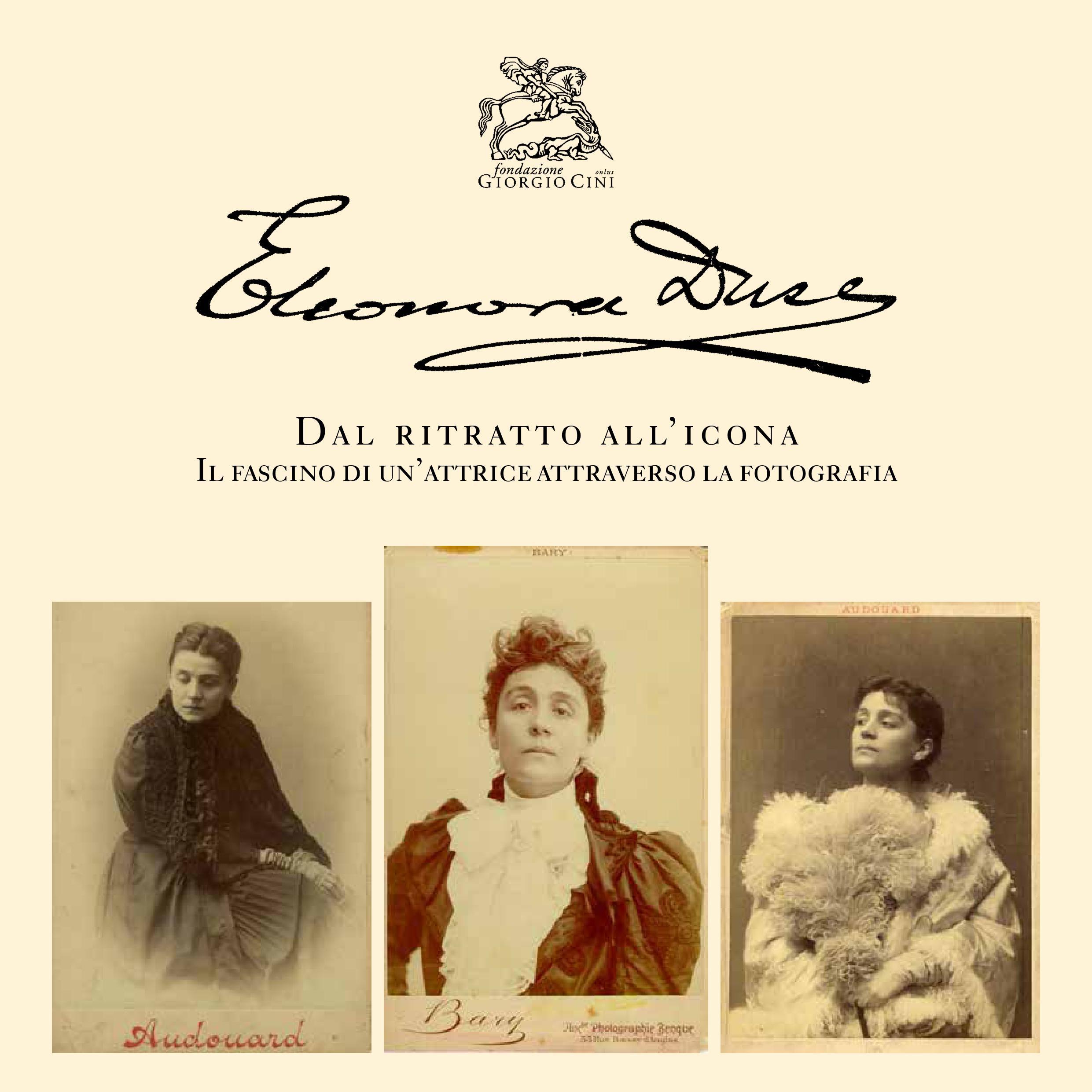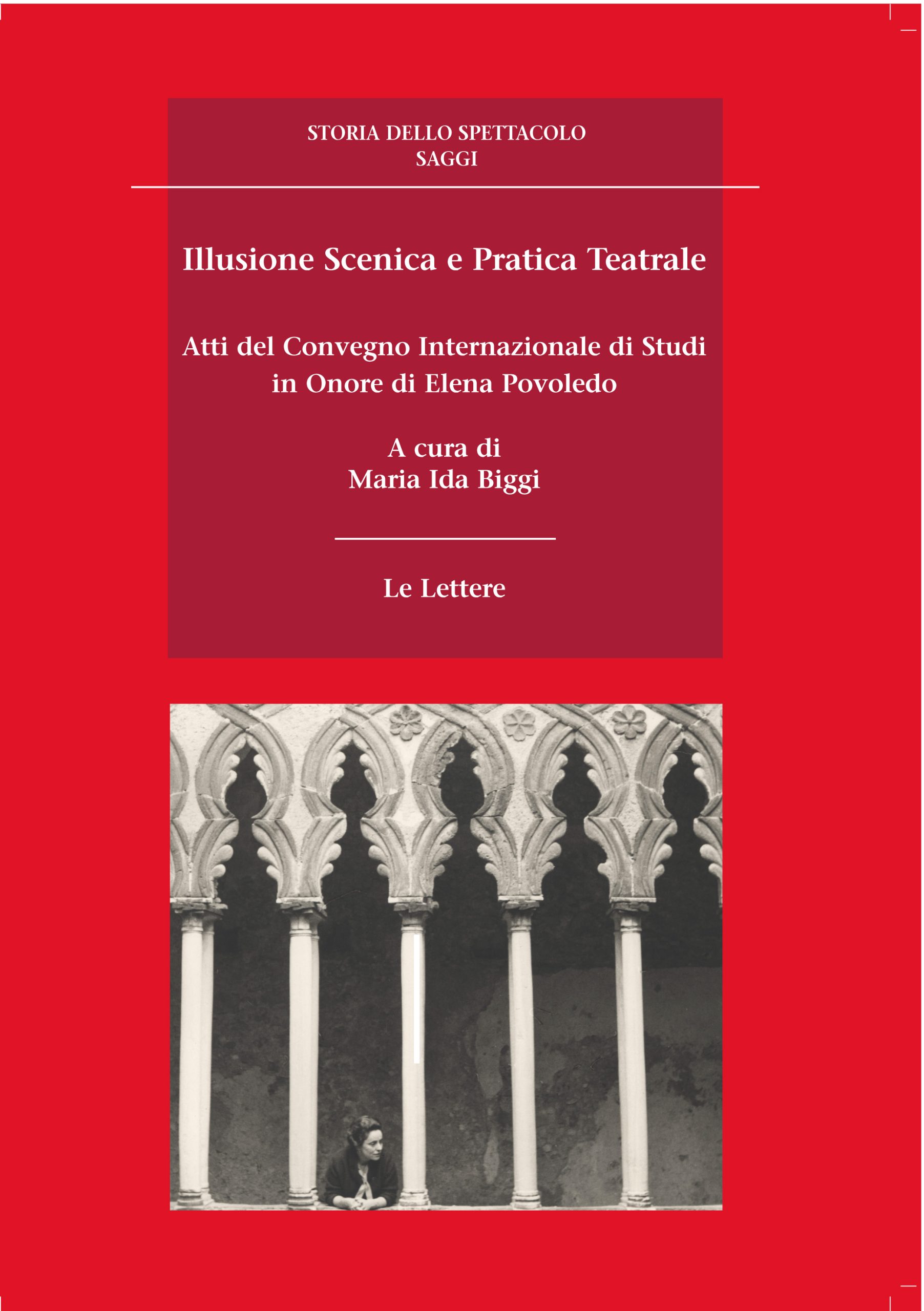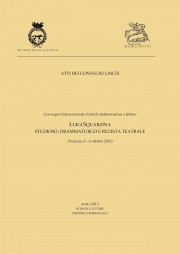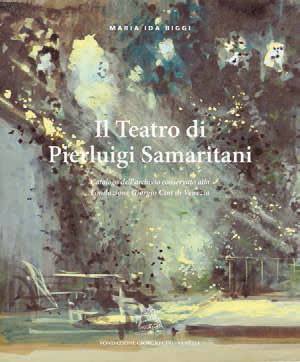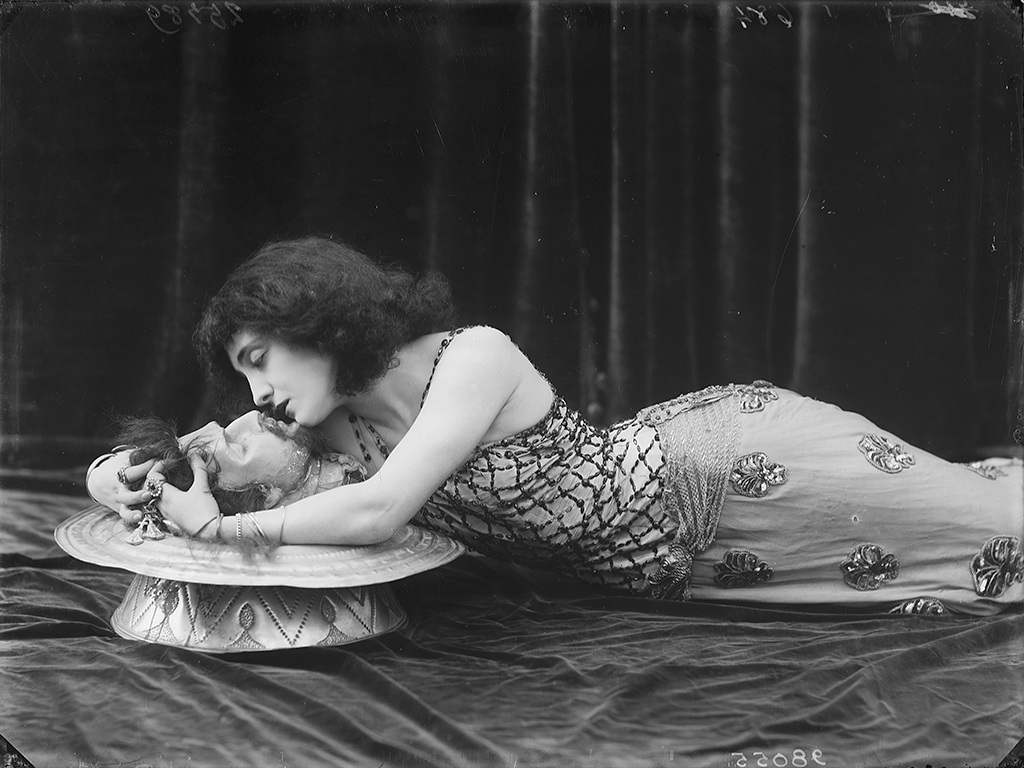As part of the celebrations promoted by the National Committee for the centenary of the death of Eleonora Duse (1924-2024), the Institute of Theatre and Opera in collaboration with Ca’ Foscari University in Venice is promoting a lecture-performance by performer Luca Scarlini entitled L’ultima figlia di San Marco: Eleonora Duse a Venezia e in Veneto. A journey through calli and canals to discover Eleonora Duse’s Venetian sojourns, her frequentations of the lagoon and the many tales told by witnesses of the time. Memories and memories, encounters and suggestions that, from Gabriele D’Annunzio’s Fuoco, will lead the spectator to Palazzo Volkoff, on the Grand Canal, to the Zattere residence, to Prince Hohenlohe’s red Casina and finally to the house of the actress’s father, Alessandro Vincenzo Duse.
Between flashes of the modern and fidelity to the past, the portrait of the great actress flows, against the backdrop of the city she loved most for much of her life, before her decision to settle in Asolo, in life and in death.
